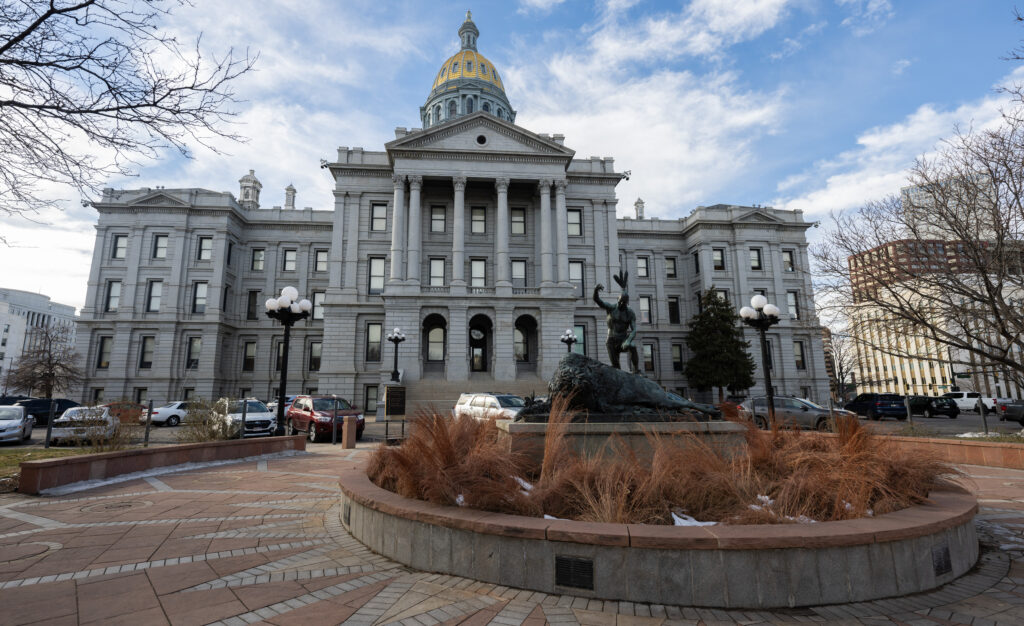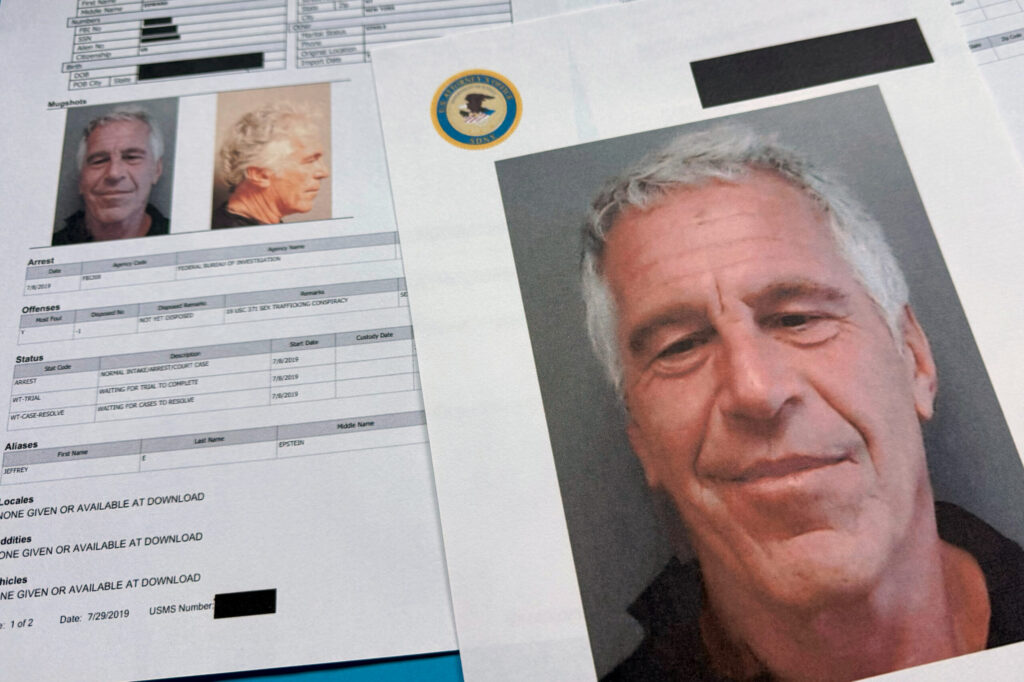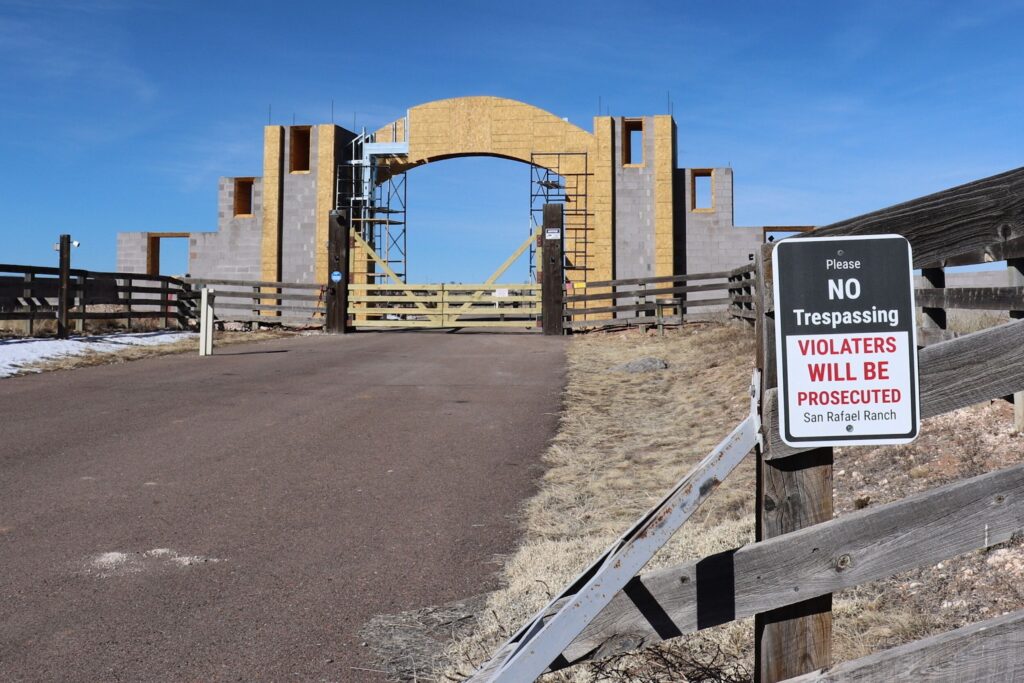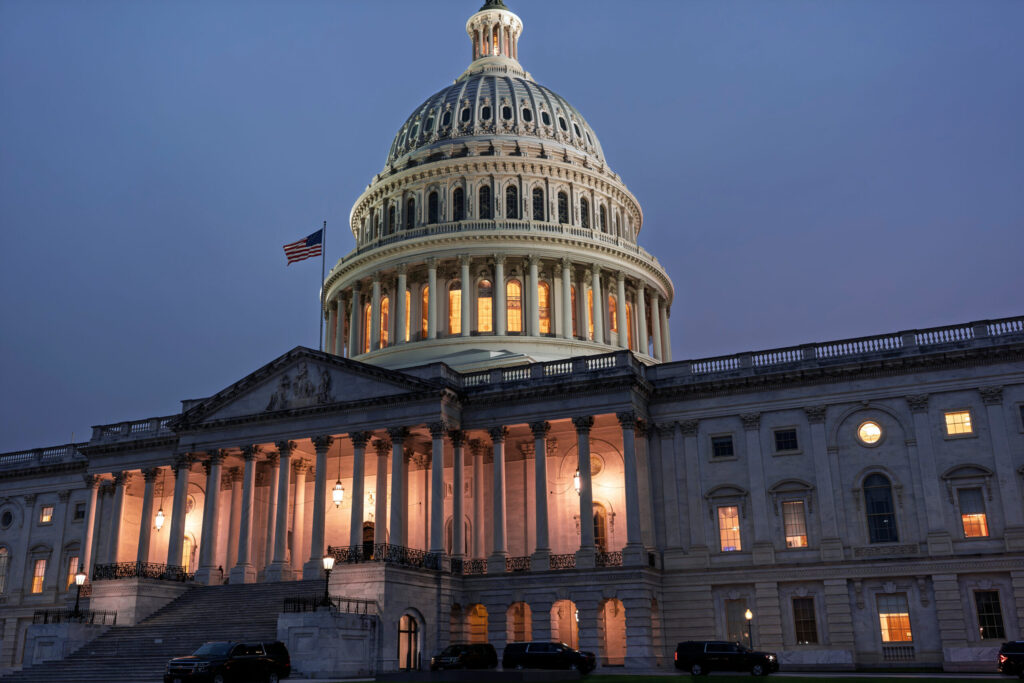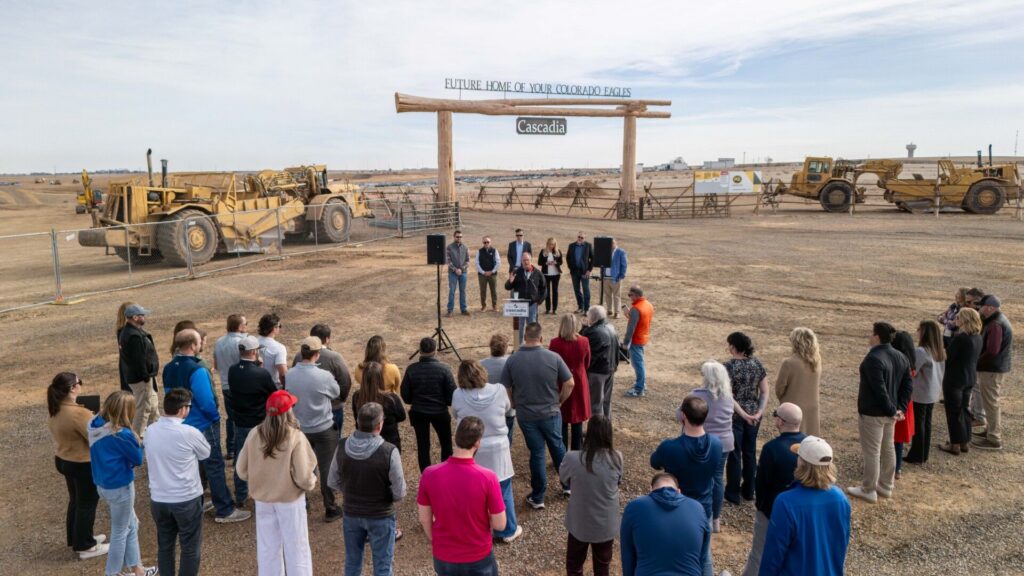Colorado House passes bill to ban medical debt collection without price transparency

The state House passed a bill Tuesday to ban hospitals from pursuing debt collections against patients if the hospitals are not in compliance with a federal law that requires them to post prices online.
If enacted, House Bill 1285 would prohibit noncompliant hospitals from using debt collectors, filing negative credit reports against patients and obtaining state court judgements for outstanding debts. Noncompliant hospitals could still bill patients, but if they pursue collection actions, they must refund any debt paid by the patient, in addition to all legal fees.
“We’re going to finally have pricing convergence, pricing competition and the macroeconomics of health care,” said bill sponsor Rep. Patrick Neville, R-Castle Rock. “It’s going to lead to a lot of consumer savings and better health care.”
More than a year after it went into effect, only 6% of Colorado hospitals are in full compliance with the price transparency law that allows patients to compare costs between hospitals, according to a report by PatientRightsAdvocate.org. That is below the national average of 14.3% compliance.
The House passed the bill in a 63-1 vote, with only Rep. Janice Rich, R-Grand Junction, voting against the bill. The bill will now be sent to the Senate for consideration.
The bipartisan-backed bill is sponsored by the unlikely duo of Neville and Pueblo Democrat Rep. Daneya Esgar. This is the first time the ideological opponents have co-sponsored the same bill in the eight years they have served together.
“We don’t always think alike but on this specific bill, we’re aligned. This is a bill about protecting consumers when it comes to health care costs,” Esgar said. “It’s a good bill to move folks in the right direction and to protect those people who are looking for health care and making sure they know exactly what is going on in terms of pricing.”
Though lawmakers are united in support of the bill, hospitals have stood firmly against it. During a public hearing for the bill, large hospital systems claimed the bill would lead to frivolous lawsuits, while smaller hospitals worried it could threaten their businesses because they do not have the resources to comply with price transparency right now.
On Friday, lawmakers amended the bill to give small, critical access hospitals with less than 25 beds more time to comply. For these hospitals, the bill would go into effect in February 2023 instead of this August as it will for all other hospitals.
“This will help out in the country,” said Rep. Marc Catlin, R-Montrose, who proposed the amendment. “This is to give them an opportunity to comply, rather than treating them like some of the folks that have a lot bigger budgets.”
Rich – the only “no” vote against the bill – still opposed the measure, saying she is “just tired of the government’s meddling” in business.
Also this week, the House unanimously passed House Bill 1284, which seeks to expand protections against surprise health insurance bills. If enacted, the bill would align state law with the federal No Surprises Act, which went into effect in January.
The bill offers additional protections for patients, such as by requiring insurers to pay for post-stabilization services at the in-network level and to cover emergency health-care services, regardless of where provided, also at the in-network benefit level.





